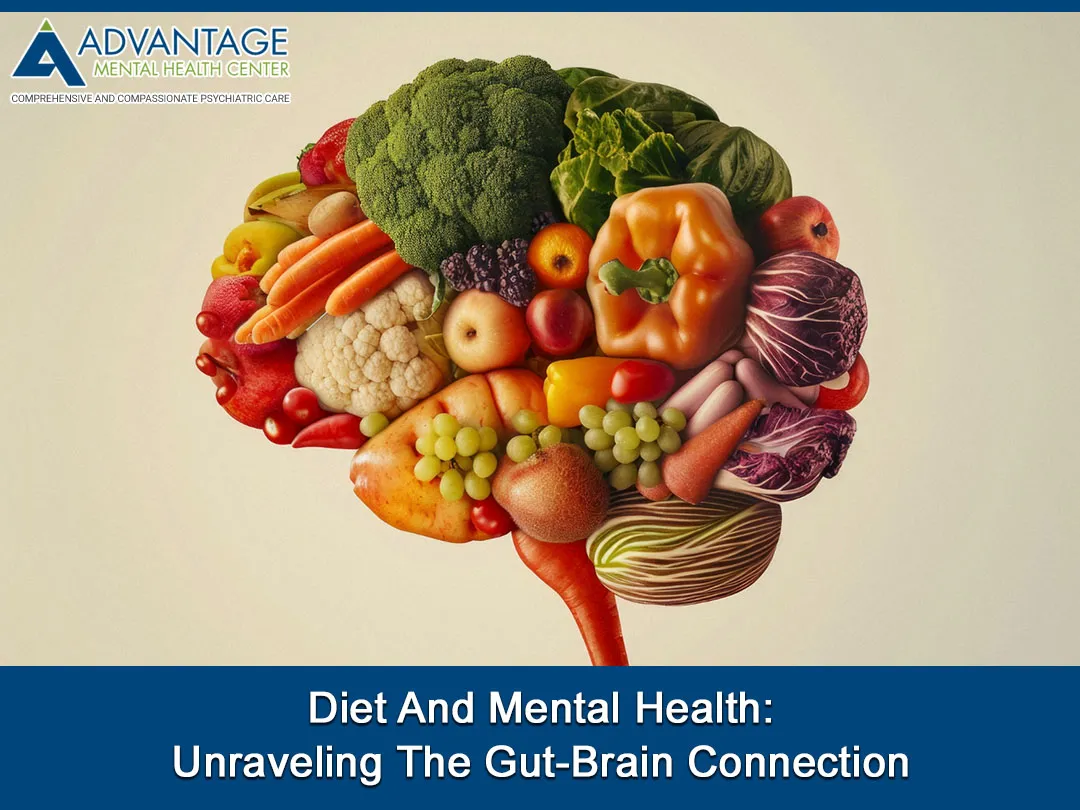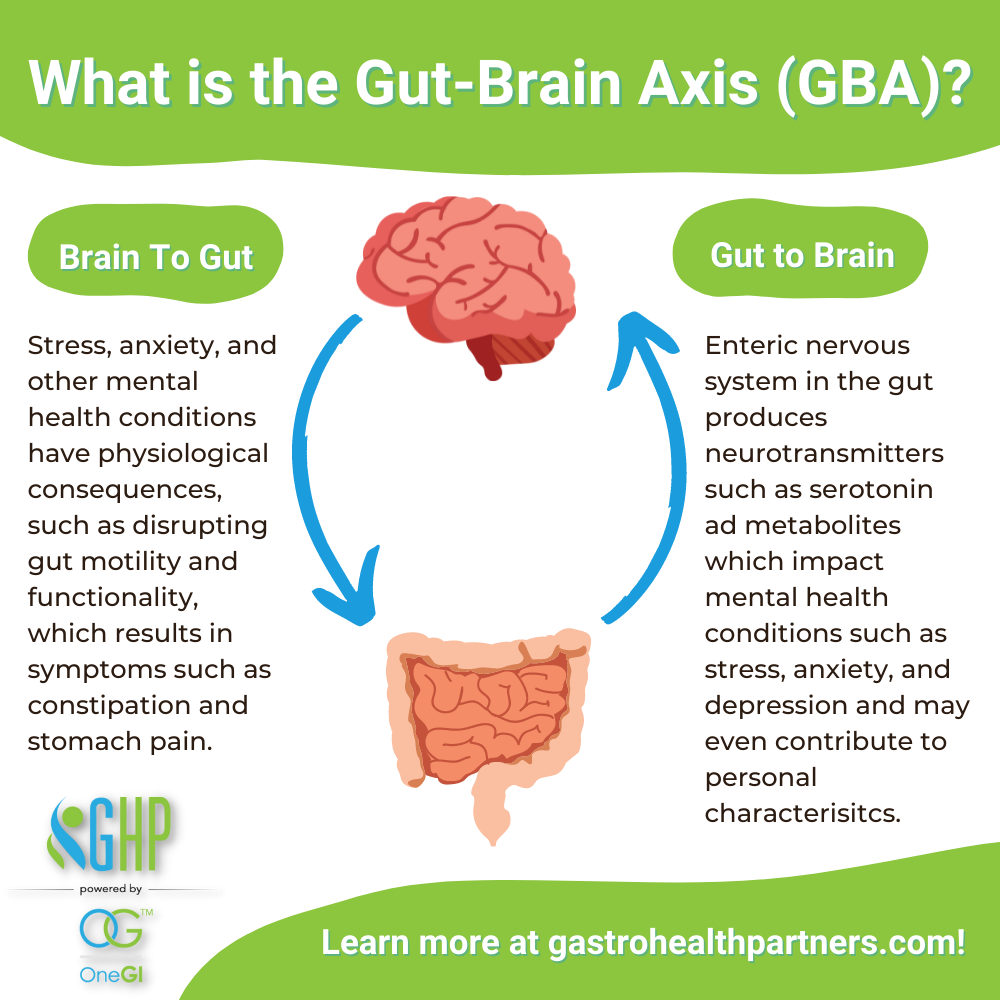Introduction: Your Gut and Brain—A Two-Way Superhighway
The phrase “gut feeling” isn’t just a figure of speech. For decades, scientists have studied the intricate connection between the gut (your digestive system) and the brain (your central processing unit). Today, we know this link—called the gut-brain axis—is a two-way communication path that impacts everything from your mood and memory to stress and sleep. Nutrition lies at the heart of how effectively this communication happens.

What Is the Gut-Brain Axis?
The gut-brain axis refers to the complex network of communication pathways linking your gut and brain. This interaction involves the nervous system, hormones, immune cells, and—most importantly—trillions of beneficial gut bacteria known as your microbiome.
- Vagus Nerve: A neural “superhighway” that directly connects gut and brain.
- Neurotransmitters: Chemicals like serotonin and dopamine are produced in the gut and affect mood/memory.
- Immune system & hormones: Signals from your gut influence brain inflammation and hormone balance.
- Gut Microbiota: These helpful bacteria turn undigested fiber into short-chain fatty acids, sending powerful signals to your brain.
Why Gut Health Affects Mental Health
Research has shown that disrupted gut bacteria (dysbiosis), inflammation, and poor nutrition are linked to anxiety, depression, brain fog, and even neurodegenerative diseases.
Key mechanisms:
- Neurotransmitter production: Over 90% of the body's serotonin (the “happiness molecule”) is produced in the gut.
- Blood-brain barrier protection: Healthy gut bacteria help maintain a robust blood–brain barrier, defending the brain from toxins and inflammation.
- Immune Modulation: The gut houses 70% of your immune cells, meaning what happens in your gut can trigger or dampen brain inflammation.
Science Spotlight: The Evidence
- Animal studies: Germ-free mice (born without a microbiome) exhibit greater stress and reduced cognitive function; their moods improve after receiving a healthy microbiome transplant.
- Human research: People who eat diverse, fiber- and probiotic-rich foods report better mood, memory, and lower incidence of depression.
- IBS and Mental Health: Over 50% of patients with Irritable Bowel Syndrome (IBS) have symptoms of anxiety or depression, likely due to gut-brain axis disturbances.

Nutrients & Foods That Support the Gut-Brain Connection
- Prebiotic Fiber: Feeds gut bacteria. Sources: garlic, onions, leeks, asparagus, bananas.
- Probiotics: “Friendly” bacteria that support mood. Sources: yogurt, kefir, fermented vegetables (sauerkraut, kimchi).
- Omega-3 Fatty Acids: Reduce inflammation in both gut and brain. Sources: fatty fish (salmon, sardines), krill oil.
- Polyphenols: Antioxidants that nourish gut bacteria. Sources: berries, tea, dark chocolate.
- Tryptophan & B vitamins: Essential for neurotransmitter synthesis. Sources: turkey, eggs, nuts, seeds, leafy greens.
- Magnesium: Reduces stress response, promotes relaxation. Sources: leafy greens, nuts, Professor Health Magnesium Glycinate.
Practical Dietary Recommendations
- Eat a rainbow of fruits and vegetables daily.
- Choose minimally processed, high-fiber foods.
- Include probiotic-rich foods several times per week.
- Limit artificial sweeteners and ultra-processed snacks.
- Discuss supplement options (like Professor Health Krill Oil, Magnesium Glycinate, and probiotic formulas) with your healthcare provider.

Sample Gut-Brain Friendly Meal Plan
- Breakfast: Overnight oats with banana, walnuts, and berries (prebiotics, polyphenols, omega-3s)
- Lunch: Grilled salmon salad with leafy greens, sauerkraut, pumpkin seeds (fiber, probiotics, omega-3s, magnesium)
- Snack: Yogurt with dark chocolate chips and chopped pistachios (probiotics, polyphenols)
- Dinner: Stir fry with tofu, broccoli, onion, garlic, and brown rice (fiber, prebiotics, magnesium)
When to Consider Supplements
It isn’t always easy to get enough gut-brain supporting nutrients every day from food alone. Science-backed supplements—including Magnesium Glycinate, Omega-3 Krill Oil, and a quality probiotic—can provide targeted support for mental health and digestive resilience. Consult your healthcare provider for individualized guidance.
Summary & Key Takeaways
- Your gut and brain are powerfully connected: support one to enhance the other.
- Diverse, fiber- and probiotic-rich foods nourish a healthy microbiome and boost mood.
- Chronic gut inflammation can impact stress, sleep, and even risk for anxiety/depression.
- Smart nutrition and supplements can be potent, natural tools for mental well-being.
Further Reading & References
- Cryan JF, O'Riordan KJ, et al. (2017). The Microbiota-Gut-Brain Axis. Physiological Reviews.
- Foster JA, Neufeld KA. (2013). Gut–brain axis: how the microbiome influences anxiety and depression. Trends Neurosci.
- Mayer EA, Tillisch K, Gupta A. (2015). Gut/brain axis and the microbiota. Gut.
- Gastroenterology Health Partners: What is the Gut-Brain Connection?
Explore more in-depth articles in Professor Health’s Functional Medicine Learning Center.
